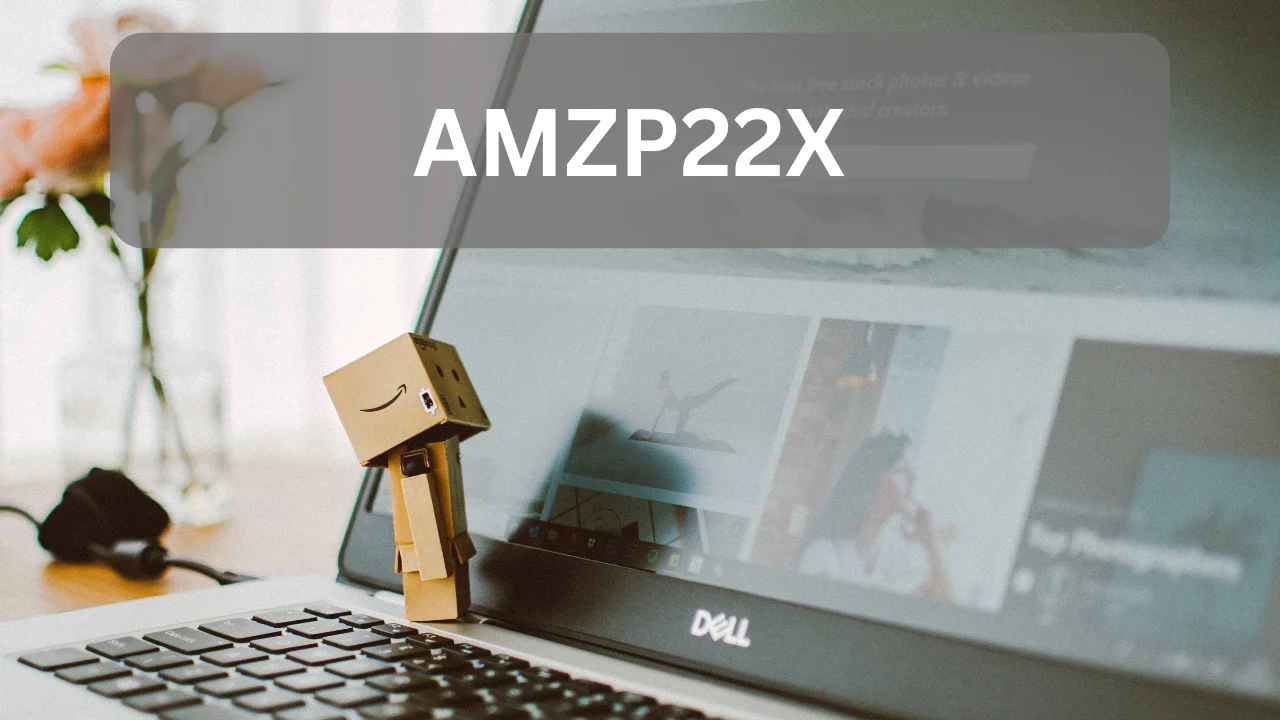When it comes to managing your finances, securing the best interest rates from your bank is crucial. Whether you’re looking to maximize the returns on your savings or minimize the cost of loans, understanding how to navigate the interest rate landscape can save you a significant amount of money. This article will guide you through the essential strategies to obtain the most favorable interest rates, making it easy for you to take control of your financial future.
Understanding Interest Rates
Interest rates are the percentages charged or earned on principal amounts by financial institutions. They play a vital role in the financial world, influencing everything from savings accounts and mortgages to credit cards and personal loans. Understanding how interest rates work is the first step toward ensuring you get the best deal possible. If you see a “VIOC charge on your credit card,” it could be linked to services like oil changes or vehicle maintenance at Valvoline Instant Oil Change centers.
How Interest Rates Work
Interest rates can be fixed or variable. Fixed interest rates remain the same throughout the life of the loan or savings account, providing consistency in payments or earnings. Variable interest rates, on the other hand, fluctuate based on market conditions, meaning your payments or earnings could increase or decrease over time.
Banks determine interest rates based on several factors, including the central bank’s rate, the demand for loans, inflation, and the overall economic environment. By understanding these factors, you can better position yourself to negotiate favorable rates.
Why Getting the Best Interest Rates Matters
Securing the best interest rates from your bank is not just about getting a good deal; it’s about making your money work harder for you. Whether you’re saving or borrowing, the interest rate you get will significantly impact your financial outcomes.
Savings Accounts and Investments
When it comes to savings accounts and investments, higher interest rates mean your money grows faster. The compounding effect of interest can lead to substantial growth over time, making it essential to seek out the best rates available.
Loans and Mortgages
For loans and mortgages, lower interest rates reduce the cost of borrowing. Over the life of a loan, even a small difference in interest rates can save you thousands of dollars. This is why it’s crucial to shop around and negotiate the best possible rate.
How to Research the Best Interest Rates
The first step to securing the best interest rates is research. By understanding what’s available in the market, you can make informed decisions and ensure you’re getting the best deal.
Compare Different Banks
Not all banks offer the same interest rates. By comparing rates from different banks, you can find the best offers available. Online comparison tools can make this process quick and easy, allowing you to see the current rates for savings accounts, mortgages, and loans.
Understand Promotional Rates
Banks often offer promotional interest rates to attract new customers. These rates may be higher than standard rates but usually come with conditions, such as a limited time frame or minimum balance requirements. Understanding these promotions can help you take advantage of better rates when they align with your financial goals.
Monitor Economic Trends
Interest rates are influenced by economic conditions, including inflation, unemployment, and the central bank’s policy decisions. By keeping an eye on these trends, you can better predict when rates are likely to rise or fall, allowing you to act at the most opportune time.
How to Negotiate Better Interest Rates
Once you’ve researched and identified the best interest rates available, the next step is to negotiate with your bank. Many people don’t realize that interest rates can be negotiable, especially if you have a strong financial profile.
Improve Your Credit Score
Your credit score is one of the most significant factors that banks consider when determining the interest rate they offer you. A higher credit score indicates that you’re a low-risk borrower, which can help you secure lower interest rates. Paying down debt, making timely payments, and reducing credit card balances are all ways to improve your credit score. If you notice a “50 Beale Street San Francisco charge” on your credit card statement, it could be linked to a financial institution or service operating at that location. To learn more, read more.
Leverage Your Relationship with the Bank
If you’ve been a loyal customer of a bank for several years, you may have more negotiating power. Banks value long-term relationships and may be willing to offer better rates to retain your business. Don’t hesitate to remind your bank of your loyalty when negotiating interest rates.
Present Competing Offers
If you’ve found better interest rates at another bank, use this information as leverage when negotiating. Banks may match or even beat a competitor’s rate to keep your business. Be prepared to present documentation of the competing offers to strengthen your negotiating position.
Bundle Financial Products
Many banks offer better interest rates when you bundle multiple financial products, such as combining a checking account, savings account, and mortgage with the same institution. This bundling can lead to discounts or preferential rates, making it a win-win for both you and the bank.
How to Lock in the Best Interest Rates
After negotiating a favorable interest rate, it’s important to lock it in to protect yourself from future rate fluctuations. This is particularly relevant for loans and mortgages, where interest rates can vary over time.
Fixed vs. Variable Rates
As mentioned earlier, fixed rates provide stability, ensuring that your payments or earnings remain consistent over time. Locking in a fixed rate can be a smart move if you expect interest rates to rise in the future.
Variable rates, while potentially lower initially, can increase over time, leading to higher payments. If you choose a variable rate, ensure that you have the financial flexibility to handle potential increases in your payments.
Rate Lock Agreements
For mortgages and loans, banks may offer a rate lock agreement, which guarantees a specific interest rate for a set period, usually between 30 and 60 days. This can be particularly useful during periods of economic uncertainty when interest rates are expected to rise.
Refinancing Options
If you’re already locked into a loan with a higher interest rate, refinancing may be an option to secure a better rate. Refinancing involves taking out a new loan to pay off the old one, ideally at a lower interest rate. This can save you money over the life of the loan, though it’s important to consider any fees or penalties associated with refinancing.
Common Mistakes to Avoid When Seeking the Best Interest Rates
While securing the best interest rates is essential, there are common mistakes that can hinder your efforts. Avoiding these pitfalls can help you achieve the best financial outcomes.
Not Shopping Around
One of the biggest mistakes people make is not shopping around for the best interest rates. Sticking with your current bank out of convenience can cost you significantly in the long run. Take the time to compare rates from multiple banks to ensure you’re getting the best deal.
Ignoring Fees and Conditions
Some interest rates may seem attractive at first glance, but they may come with hidden fees or conditions that reduce their overall value. Always read the fine print and understand any fees or requirements associated with the rate.
Focusing Solely on Interest Rates
While interest rates are important, they’re not the only factor to consider. Customer service, account features, and the bank’s overall reputation should also play a role in your decision. A slightly higher interest rate may be worth it if it comes with superior service and additional benefits.
Waiting Too Long to Act
Interest rates can change quickly, especially in volatile economic conditions. If you find a great rate, don’t wait too long to act, as it may not be available tomorrow. Being proactive can help you lock in the best rates before they rise.
Understanding the Impact of Economic Factors on Interest Rates
Interest rates are not static; they fluctuate based on various economic factors. Understanding these factors can help you predict changes in interest rates and make more informed decisions.
Inflation
Inflation is one of the primary drivers of interest rates. When inflation is high, central banks often raise interest rates to cool down the economy and prevent prices from rising too quickly. Conversely, low inflation may lead to lower interest rates to stimulate economic growth.
Central Bank Policies
Central banks, such as the Federal Reserve in the United States, set the benchmark interest rates that influence the rates offered by commercial banks. Changes in these policies can lead to significant shifts in the interest rates available to consumers.
Economic Growth
In periods of strong economic growth, demand for loans increases, which can drive up interest rates. Conversely, during economic downturns, banks may lower rates to encourage borrowing and stimulate the economy.
Global Events
Global events, such as geopolitical tensions, pandemics, or natural disasters, can also impact interest rates. These events can lead to economic uncertainty, causing central banks to adjust rates in response to changing conditions.
How to Stay Informed About Interest Rate Changes
Staying informed about interest rate changes is crucial for making the best financial decisions. Here are some tips to keep you updated on the latest trends.
Follow Economic News
Regularly following economic news can provide insights into potential interest rate changes. Financial news outlets often report on central bank decisions, inflation trends, and other factors that influence interest rates.
Subscribe to Bank Newsletters
Many banks offer newsletters that provide updates on interest rates, new products, and other relevant information. Subscribing to these newsletters can help you stay informed about the latest offers and opportunities to secure better rates.
Use Online Tools
Online tools, such as rate trackers and comparison websites, can help you monitor interest rate trends and compare offers from different banks. These tools can be invaluable for staying on top of the best rates available.
Consult a Financial Advisor
If you’re unsure how to navigate the interest rate landscape, consider consulting a financial advisor. Advisors can provide personalized advice based on your financial situation and goals, helping you secure the best rates for your needs.
Conclusion: Taking Control of Your Financial Future
Securing the best interest rates from your bank is a critical aspect of financial management. By understanding how interest rates work, researching available options, negotiating effectively, and staying informed about economic trends, you can ensure that you’re getting the best deal possible. Whether you’re looking to grow your savings or reduce the cost of borrowing, these strategies will help you take control of your financial future.
Remember, the key to getting the best interest rates is to be proactive. Don’t be afraid to shop around, negotiate, and lock in favorable rates when you find them. With the right approach, you can make your money work harder for you, leading to greater financial security and success.
FAQs
1. How can I improve my credit score to get better interest rates?
Improving your credit score can be achieved by paying bills on time, reducing debt, and avoiding opening too many new accounts at once.
2. What is a rate lock, and why is it important?
A rate lock is an agreement with your bank that guarantees a specific interest rate for a set period, protecting you from rate increases during that time.
3. How do promotional interest rates work?
Promotional interest rates are special offers by banks to attract new customers, often higher than standard rates but typically with specific conditions.
4. Should I choose a fixed or variable interest rate?
The choice between fixed and variable rates depends on your financial situation and expectations for future interest rate changes.
5. Can I negotiate interest rates with my bank?
Yes, interest rates can often be negotiated, especially if you have a strong credit score or a long-term relationship with the bank.

Stephen Norman is a skilled and accomplished writer known for his versatility across numerous niches. He consistently delivers insightful and engaging content in various fields. Stephen’s extensive experience and profound expertise make him a highly sought-after author in the digital writing sphere.











